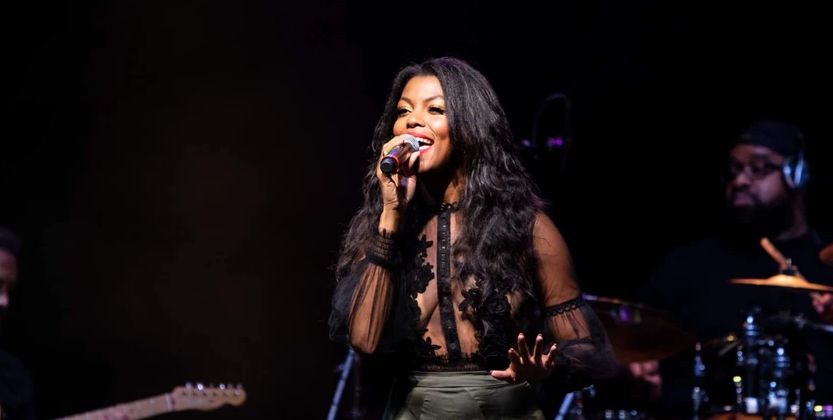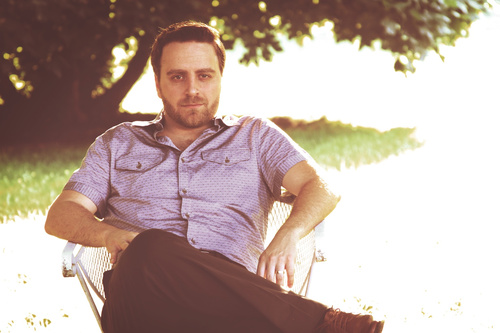By: Brenda Nicole Moorer I come from a long line of performers. My grandfather and his brothers formed the group The Esquires in the ’60s and won two gold records. They toured the world and supported their families. I still hear their songs in the grocery store sometimes. My father was a singer and piano […]



